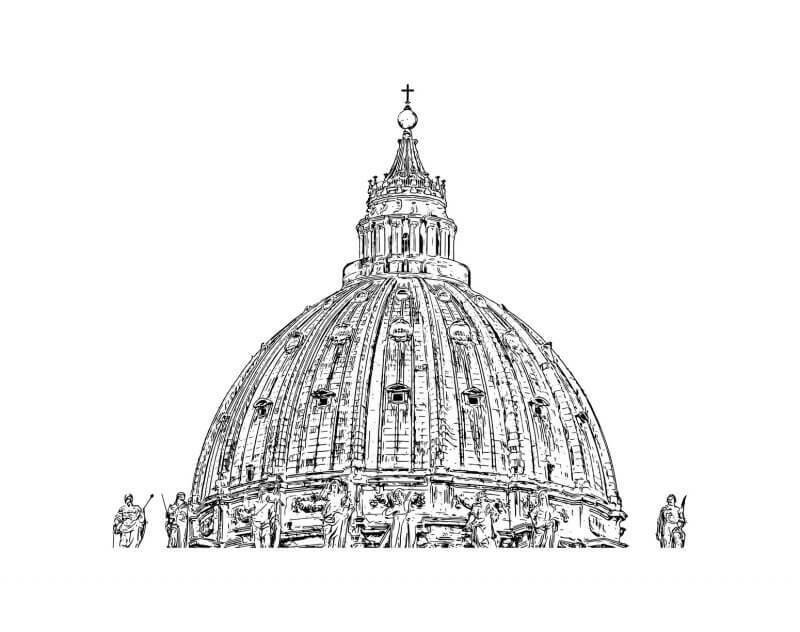Definition of Papal Encyclical
Miscellanea / / July 04, 2021
By Javier Navarro, in May. 2018
 The Pope of Rome is the maxim authority of the Catholic Church and for believers around the world their judgment on certain issues is especially important. In this sense, a papal encyclical is a document by which the Supreme Pontiff reflects on a topic of general interest. What rule In general, its content is related to the social doctrine of the church or to the problems that affect the whole of society at present.
The Pope of Rome is the maxim authority of the Catholic Church and for believers around the world their judgment on certain issues is especially important. In this sense, a papal encyclical is a document by which the Supreme Pontiff reflects on a topic of general interest. What rule In general, its content is related to the social doctrine of the church or to the problems that affect the whole of society at present.
From a historical point of view, the encyclical has its origin in the epistles of the New Testament. It is the most relevant ordinary document written by the Pontiff. It is usually written in Latin, since this language It is the official one in the Holy See. However, it is translated into the main languages of the world.
The first encyclical of Pope Francis
Its title is Lumen fidei (the light of faith) and it was published in July 2013. The content of the document had already been developed by the previous Pope Benedict XVl, but Francis contributed his own vision on the subject. Throughout its eighty pages various reflections are presented.
In the introduction to the encyclical it is recalled that the faith of Christians is based on the history of the past, especially in the memory of the life of Jesus Christ, as well as his death and Resurrection. The following chapters address different topics: the relationship between faith and love, the debate on faith and reason, the problem of relativism and the need to seek the common good in society.
At the end of the 19th century, Rerum Novarum (Of New Things) was published, one of the encyclicals in which the social doctrine of the Catholic Church is made known.
This document prepared by Pope Leo XIII was published in 1891. At that time humanity was immersed in a debate between the defenders of the capitalism and supporters of socialism revolutionary. In the encyclical letter Rerum Novarum there are interesting reflections on the working conditions of the workers, the role of the employers or the interventionism of the state.
For some historians, this encyclical tried to combat the rise of revolutionary ideals and, on the other hand, to stop the gradual de-Christianization of the labor movement
From the point of view of Catholicism, Marxist proposals based on the materialism dialectical and historical threat against the principles of the church.
It should not be forgotten that for Marx the salvation of man would not be realized in the promised eternal life by Christianity, but through the abolition of the various forms of oppression in life earthly. For Christianity the poor had a consolation in this life: they would be the first in the kingdom of heaven. For him Marxism, the poor had to adopt a attitude revolutionary to end the classic division between oppressors and oppressed.
Photo: Fotolia - dhanu3182
Topics in Papal Encyclical